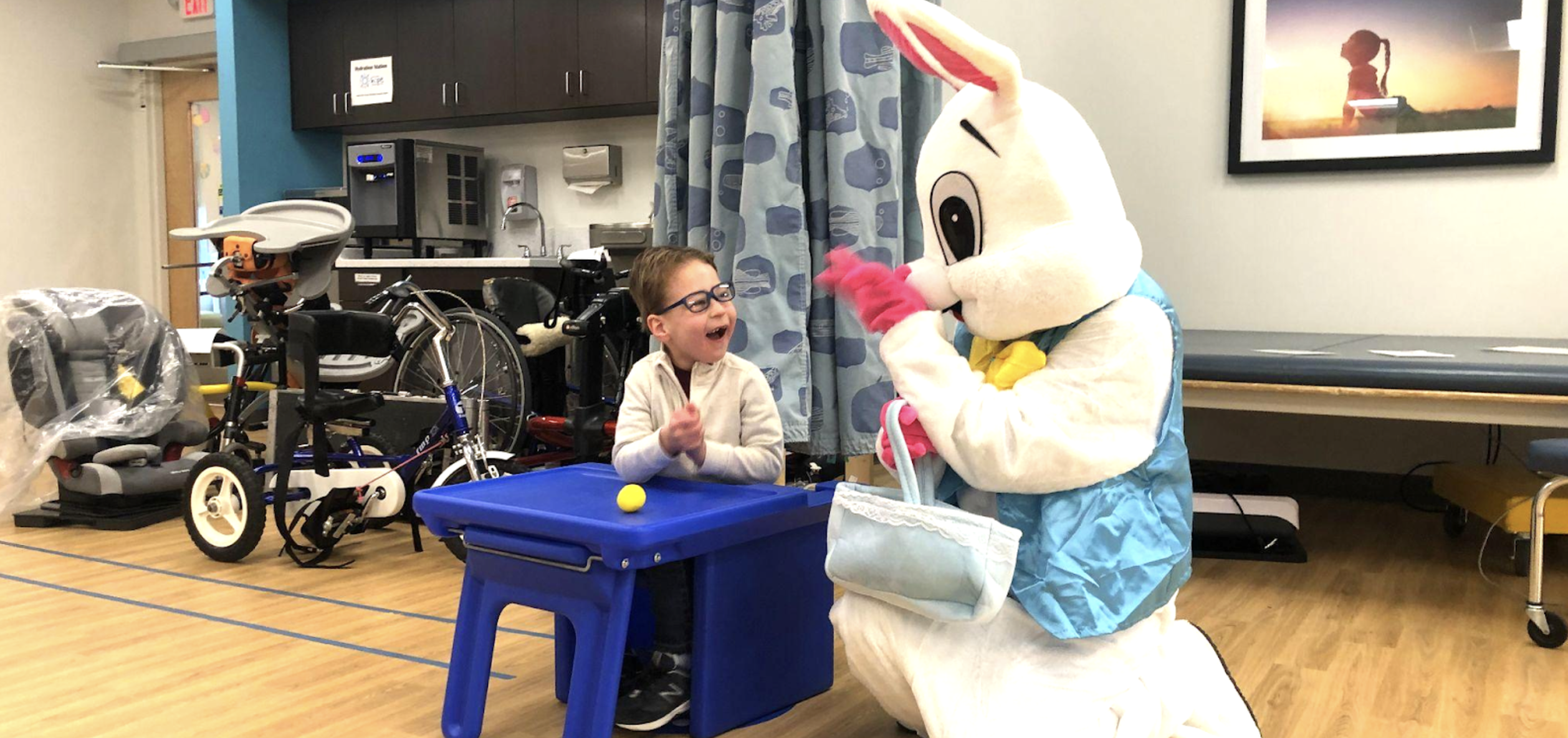Family Participation in Research
The Phelan-McDermid Syndrome Foundation (PMSF) works closely with researchers with the ultimate goal of finding effective treatments for Phelan-McDermid syndrome.
We stay informed of ongoing studies and empower families to be partners in research. You can participate in research in one of three major ways:


Participate in the Phelan-McDermid syndrome DataHub
The DataHub is a large patient dataset managed by PMSF that assists researchers, pharmaceutical companies, and others who are working to unlock the many aspects of the syndrome. The DataHub is an online platform that houses genetic reports, general health information, medications, and demographics. Completion of all surveys takes approximately 45 minutes. Data is de-identified before it is shared with researchers and data requests are managed by the PMSF.
Why Enroll in the Phelan-McDermid DataHub?
- Contribute data that can further research in Phelan-McDermid syndrome
- Be directly contacted about future research studies including clinical trials
- Organize, export, and view medical information, including yours and summaries in the PMS population
- Help us keep a more accurate count of the number of people with Phelan-McDermid syndrome
Watch a 5-minute video about the benefits of enrolling in the DataHub:
Enroll in Other Research Studies
Research studies in Phelan-McDermid syndrome are ongoing at all times around the world. The PMSF receives requests for family participation in these studies. We review the studies to ensure they are appropriate for families and advance knowledge of the syndrome before sharing. See below for information on open research studies, updated regularly.

The Phelan-McDermid syndrome Natural History Study
The Natural History study is a long-term research initiative designed to collect detailed clinical and genetic information about people with Phelan-McDermid syndrome. The study helps medical experts in Phelan-McDermid syndrome identify themes of the syndrome across many people over time. The study has been critical for developing clinical guidelines, identifying research priorities, and supporting clinical trials.
The Natural History Study has been ongoing since 2014. Phelan-McDermid syndrome is one of three rare conditions being studied within the NIH-funded group called the Developmental Synaptopathies Consortium (DSC). Currently, new enrollment ended in December 2023.
The Natural History Study team is applying for funding for another round (5 years of research). PMSF will let you know if and when new enrollment is open again.
So far, family participation in this study has already resulted in:
- Enrollment of >250 families with children, adolescents, and adults with Phelan-McDermid syndrome; this is a remarkable accomplishment for a rare disorder and could not have been possible without your enthusiasm and the unwavering support of the Phelan-McDermid syndrome Foundation.
- Several research publications in Phelan-McDermid syndrome over the past six years based on data
- Connections with pharmaceutical companies developing drugs for Phelan-McDermid syndrome
- Clinical consensus guidelines
- Better understanding of symptoms, when they arise, and best pharmaceutical interventions
- Development of assessments relevant to Phelan-McDermid syndrome
